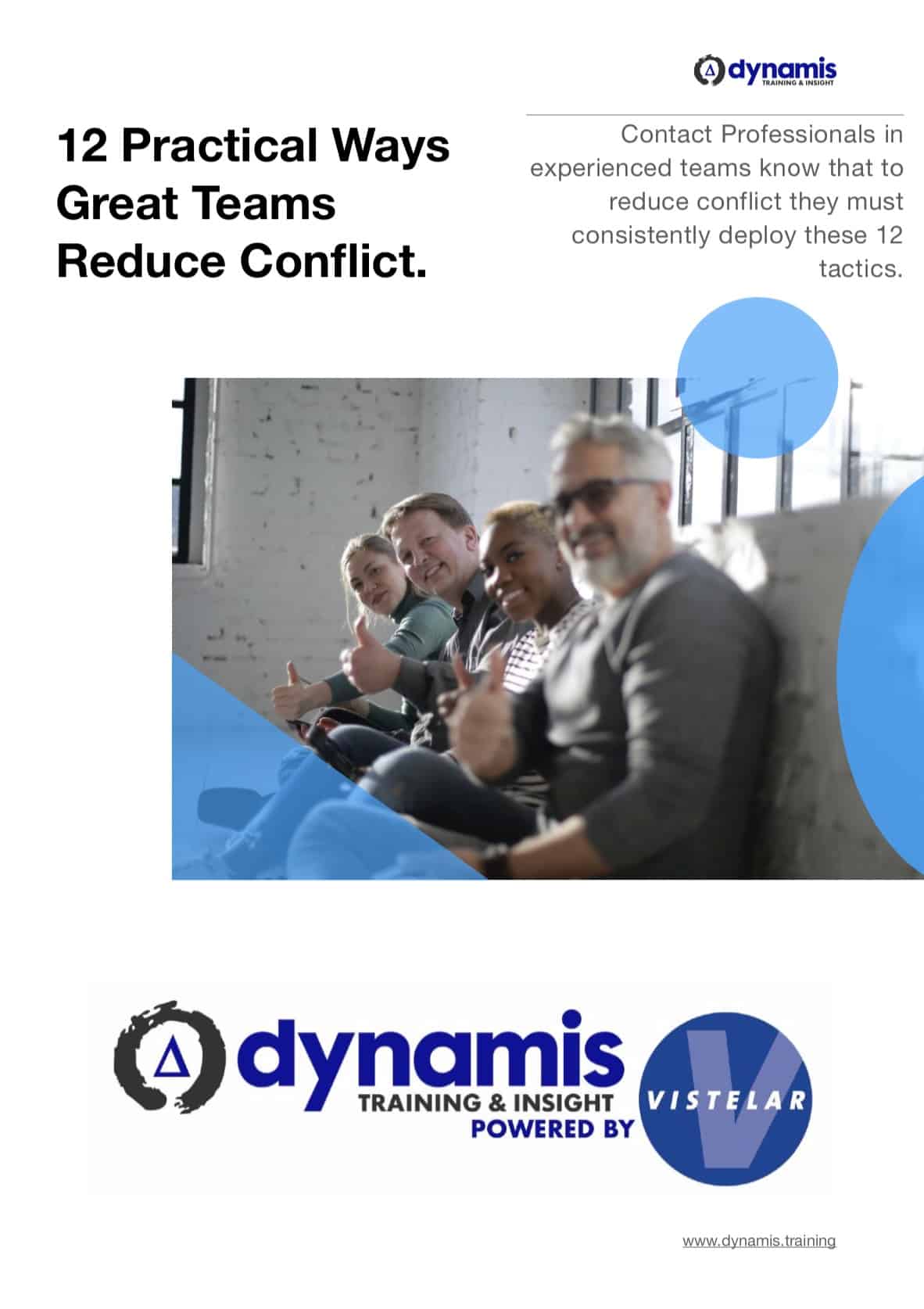Patient Care has to be part of good conflict resolution Training
Patient Care relies on the compassion of the staff who are drawn to the profession of caring and their level of support, mentoring, leadership and the environment in which they are interacting with patients, visitors and each other.
Good NHS conflict resolution training will rely on underlining the value-base of the staff engaged in healthcare services so that their actions can be aligned with their beliefs, values and ethics.
Fred Lee couldn’t have said it better about what we are looking to achieve with healthcare staff:
“The first level of care is competence. We hire healthcare personnel for their competence. We continually develop their competence on the job as they learn to use new equipment and adapt to new protocols in medicine. Competence is the level at which clinical staff is hired and fired.
Our next level of care is courtesy. Courtesy is not usually in our criteria for hiring, but if the organization begins to focus on customer needs and wants, courtesy quickly becomes something that is required. We stress it in orientation. We call it service excellence. We write scripts to standardize courteous behaviors. These behaviors become part of our job descriptions and performance reviews. We might not fire anybody who lacks skills in courtesy, as we would with clinical incompetencies, but we do try to make it something that is required. And repeated examples of outright rudeness can be grounds for dismissal.
Finally there is the emotional level of caring. It is clearly beyond ordinary courtesy. Let’s call it compassion. It is not something we hire for. It is not something that can be required. We don’t fire people who don’t know how to express it. It appears to be an action that springs spontaneously from a person who is “inspired.”
It isn’t meeting patients’ expectations that makes a stay unique or special. It is the spontaneous, unexpected, memorable moments that generate feelings of loyalty. More often than not, it is the compassionate connection between a caregiver and a patient that elevates common courtesy into something more tender and unforgettable than good, routine care.
Fred Lee
If Disney Ran Your Hospital: 9 1/2 Things You Would Do Differently
Learn more about Dynamis Conflict Resolution

Gerard O’Dea provides tailored PMVA and Conflict Resolution training courses for healthcare and hospital service providers around the UK, so that patients and staff are treated with dignity and shown respect, even in their most difficult moments. Combining respectful verbalisation skills with last-resort physical alternatives for true, full-spectrum patient care has been his specialty for over ten years as director of training for Dynamis.


